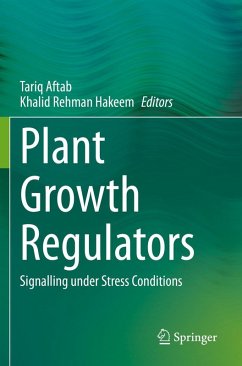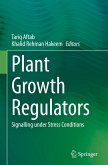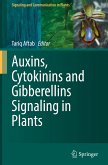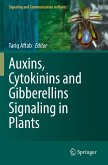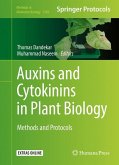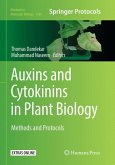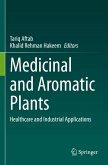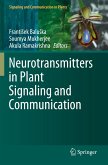Agriculture faces many challenges to fulfil the growing demand for sustainable food production and ensure high-quality nutrition for a rapidly growing population. To guarantee adequate food production, it is necessary to increase the yield per area of arable land. A method for achieving this goal has been the application of growth regulators to modulate plant growth. Plant growth regulators (PGRs) are substances in specific formulations which, when applied to plants or seeds, have the capacity to promote, inhibit, or modify physiological traits, development and/or stress responses. They maintain proper balance between source and sink for enhancing crop yield. PGRs are used to maximize productivity and quality, improve consistency in production, and overcome genetic and abiotic limitations to plant productivity. Suitable PGRs include hormones such as cytokinins and auxins, and hormone-like compounds such as mepiquat chloride and paclobutrazol. The use of PGRs in mainstream agriculture has steadily increased within the last 20 years as their benefits have become better understood by growers. Unfortunately, the growth of the PGR market may be constrained by a lack of innovation at a time when an increase in demand for new products will require steady innovation and discovery of novel, cost-competitive, specific, and effective PGRs.
A plant bio-stimulant is any substance or microorganism applied to plants with the aim to enhance nutrition efficiency, abiotic stress tolerance and/or crop quality traits, regardless of its nutrients content. Apart from traditional PGRs, which are mostly plant hormones, there are a number of substances/molecules such as nitric oxide, methyl jasmonate, brassinosteroids, seaweed extracts, strigolactones, plant growth promoting rhizobacteria etc. which act as PGRs. These novel PGRs or bio-stimulants have been reported to play important roles in stress responses and adaptation. They can protect plants against various stresses, including water deficit, chilling and high temperatures, salinity and flooding.
This book includes chapters ranging from sensing and signalling in plants to translational research. In addition, the cross-talk operative in plants in response to varied signals of biotic and abiotic nature is also presented. Ultimately the objective of this book is to present the current scenario and the future plan of action for the management of stresses through traditional as well as novel PGRs. We believe that this book will initiate and introduce readers to state-of-the-art developments and trends in this field of study.
A plant bio-stimulant is any substance or microorganism applied to plants with the aim to enhance nutrition efficiency, abiotic stress tolerance and/or crop quality traits, regardless of its nutrients content. Apart from traditional PGRs, which are mostly plant hormones, there are a number of substances/molecules such as nitric oxide, methyl jasmonate, brassinosteroids, seaweed extracts, strigolactones, plant growth promoting rhizobacteria etc. which act as PGRs. These novel PGRs or bio-stimulants have been reported to play important roles in stress responses and adaptation. They can protect plants against various stresses, including water deficit, chilling and high temperatures, salinity and flooding.
This book includes chapters ranging from sensing and signalling in plants to translational research. In addition, the cross-talk operative in plants in response to varied signals of biotic and abiotic nature is also presented. Ultimately the objective of this book is to present the current scenario and the future plan of action for the management of stresses through traditional as well as novel PGRs. We believe that this book will initiate and introduce readers to state-of-the-art developments and trends in this field of study.

